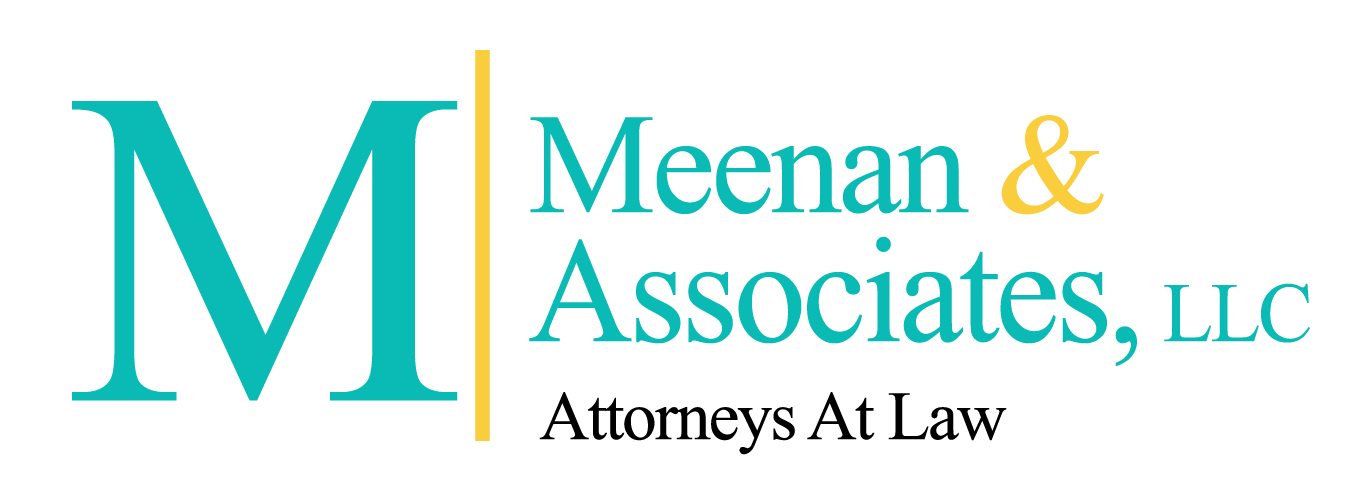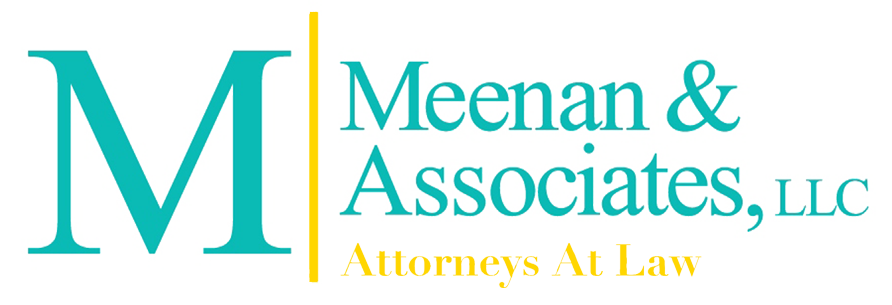Before we were all side swiped by the coronavirus pandemic, which has turned our collective workplaces upside down, I issued a survey regarding the “Challenges Facing Women in the Workplace.” It consisted of 7 questions. I thought it best to keep the survey succinct and hone in on, what I thought were likely, the salient questions to ask to elicit key feedback. I based the questions on the issues the clients I have represented in gender discrimination cases tend to encounter. For example, working in a male-dominated environment, being overlooked for positions they are qualified for, suggesting ideas that were dismissed but when suggested by a male colleague were acted upon, and the like. Gender discrimination, like all forms of discrimination, tends to operate in “subtle and devious ways” and is not always overt in its manifestation.
I also asked why the respondents had not taken action to address these issues and provided a menu to choose from as to why (fear of retaliation/termination and so forth) – including “other”. The “other” responses were very illuminating. I’ll get into why later. My final question asked what other issues the respondents would love me to write about in the future. The responses to that question were also incredibly revealing in shedding light on the key issues that women are facing with respect to work. I will discuss those issues in a separate article. So, watch this space and stay tuned for more!
In full disclosure, while I had hoped for 100 responses, I got 59. A respectable number and the info each of the 59 provided was very informative. Thank you very much to everyone who responded and for your invaluable input. Nonetheless, the data set at issue is based on 59 responses, so keep that in mind as you read on.
Some Sobering Results
Now to the highlights, or lowlights, of some of the results. 59.32% of respondents work in a male-dominated environment. Sadly, not a surprising result for a whole host of reasons. What particularly stood out were the responses to Q2: Have you found yourself overlooked for a position you are qualified for? 62.71% of respondents said “yes”. That is astounding!
Think about it, close to 2/3s of those who responded said they have been bypassed for a position that they are qualified for. That has a major impact on the demographics of the leaders and upper management of organizations – the decision-makers. It also effects the career trajectory of women, it effects who makes the decisions regarding who to hire and fire in an organization, how the organization operates, including its policies and procedures, and its treatment of employees. It further impacts whether women can get in the door of an organization in the first instance.
Some Glimmers of Hope
There were surprises of a different kind when it came to the responses to other questions. Q3 asked: Have you ever had an idea and it was dismissed but then you discovered that the idea was implemented when suggested by a male colleague? The results, as depicted in the chart below, showed that 52.54% responded “No.” It was a close result (in terms of being near 50/50), but a small sign of encouragement that, more often than not, women’s ideas are being acted upon in the workplace. As ever, more needs to change on that front, given 47.46% responded “yes” to this question. It’s a ray of light that what women have to say is being heard and implemented.
Similarly, the responses to Q5: Do you find that when you achieve a successful outcome/target that it is not amplified like your male colleagues? provided some hope that the tide is changing. 55.93% responded “No”. It’s an indication that the accomplishments of women are being recognized. Again, given the results, more change is needed on this front.
Impediments Women Face In the Workplace to Address These Issues and Some Positives
19.61% are afraid of retaliation in seeking to address these issues. 21.57% reported they were afraid of being treated differently at work and being targeted even more, if they sought to do so. Alas, these fears are well-founded as retaliatory actions and adverse treatment is meted upon many women who have the courage to speak up and out about gender inequality and discrimination at work. I wish that wasn’t the reality and hope it will change.
The result of this question that surprised me was “Other”. 47.06% – almost half – responded with “Other”. Thankfully, they also explained what this response meant. The responses varied considerably. For some, they had addressed the issues and they were resolved. For many, it didn’t apply as they were treated equally and did not experience bias in the workplace. Others said that they had changed their way of communicating and reminded colleagues/managers of their input and increasing their evidence/rationale for same. I was relieved to see these responses – it’s a sign of progress.
For others, some said they didn’t address is due to “indoctrination” as they had been taught in school that good work will be noticed and rewarded, and they were uncomfortable “blowing their own trumpet” at work. Some don’t dwell on it and try to bury it all due to the emotional toll it takes. Some were concerned about addressing these issues “because women are always seen as creating drama.” Some have suppressed what they have experienced and “keep [their] head[s]down, get [their] targets and go home” as their family and living their lifestyle are more important. Some are anxious about being perceived as “different” if they speak up. Some have been working on the lack of promotion by positioning themselves to get the next promotion or a new position elsewhere. Others addressed the problem by quitting or becoming entrepreneurs.
Interestingly, those who responded by saying they addressed the issues by becoming entrepreneurs or plan to establish their own business, they are very mindful of treating all equally and ensuring the inequalities they have experienced do not occur in their businesses – for anyone. Ensuring women have opportunities to advance in the workplace is critical as is eviscerating gender discrimination.
There are a lot of take-aways from this survey, which are outlined above. I take hope from the women who have spoken up to address what they have experienced and from those who have created businesses that are egalitarian and equitable for all. Unsurprisingly, a great deal still needs to be done and overcome – to ensure women are not overlooked for positions they are qualified for, to create an environment where they can raise issues of discrimination, absent fear of retaliation or adverse treatment.
If you have been subjected to discrimination at work or believe that you may have been, please know that options are available to you to address it. Please feel free to contact me for help. I can be reached at (212) 226-7334 or sql@meenanesqs.com.


